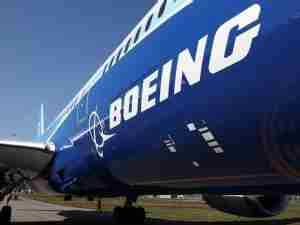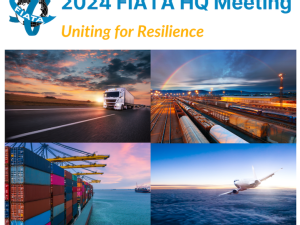SIA, like many premium Asian airlines, faces pressures on multiple fronts, with Middle Eastern carriers competing for traffic on longer-haul routes and budget carriers grabbing a greater slice of intra-regional traffic.
The Singapore flag carrier is also grappling with high fuel prices at a time when Western customers have become more price-sensitive because of their weak economies.
"Forward indicators for air freight signal a weak outlook for the cargo business," SIA said in a statement on Wednesday. "In this difficult environment, the group will maintain its vigilance in cost control and remain nimble in deploying capacity to meet market demand."
International air passenger traffic grew at a slower rate in May and the industry was seeing the first signs of falling business and consumer confidence, which did not bode well for profitability, the International Air Transport Association said earlier this month.
In the fiscal first quarter ended June, SIA earned S$78 million, up 73 percent from a year earlier, thanks to higher passenger carriage. Analysts polled by Reuters News before the results had expected SIA to turn in a net profit of around S$70 million.
In the January-to-March quarter, the airline posted a surprise net loss of S$38.2 million due to feeble demand and high jet fuel prices.
While fuel prices have receded in recent weeks, they are still near historic highs, SIA said. Fuel continues to be the group's largest expense, accounting for about 40 percent of total expenditure.
"The group is well positioned to weather the challenges with its strong balance sheet," SIA said.
Before the results, out of 21 analysts covering SIA stock, 10 had 'hold' ratings, five had 'buy' or 'strong buy' recommendations, and six had 'sell' or 'strong sell' calls, according to Thomson Reuters data.
The average estimate of six analysts for SIA was S$70 million, with estimates ranging from zero to over S$200 million as forecasters differed on how the carrier was affected by factors such as fuel costs and foreign exchange movements. (Reuters)











